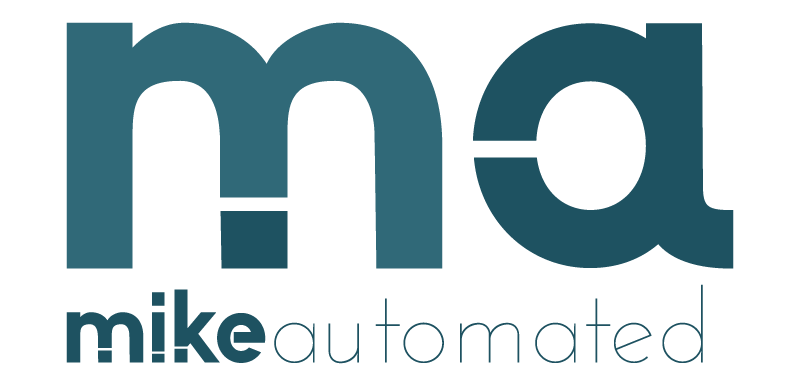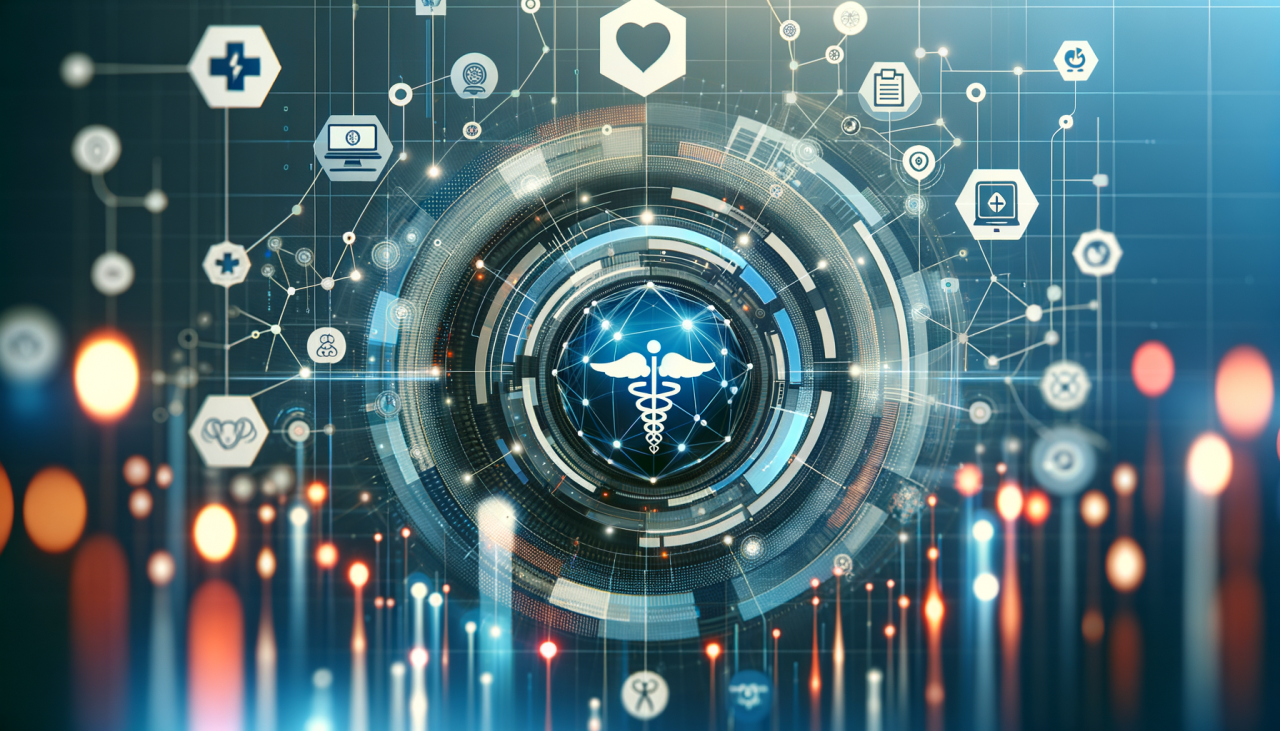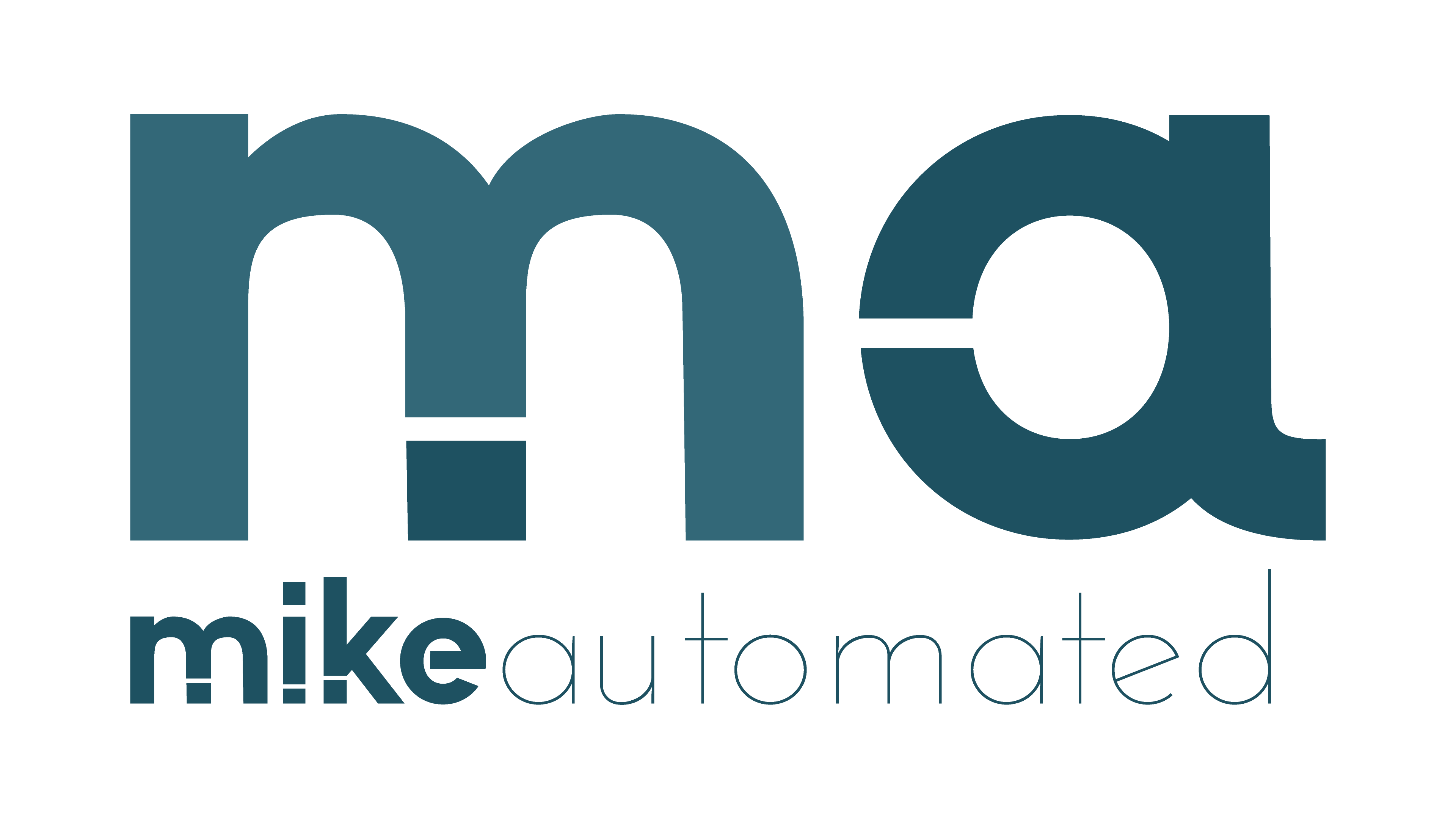TL;DR:
- Artificial intelligence is set to revolutionize healthcare by enhancing diagnostics, treatments, and patient outcomes.
- Key advancements in AI include personalized medicine, predictive analytics, and robotic surgery applications.
- AI’s role extends to improving healthcare workflows and addressing global medical challenges, such as workforce shortages.
- Data security and ethical concerns must be addressed to ensure safe, responsible AI healthcare implementations.
- The future of AI in healthcare could bridge gaps in access, making quality medical care more equitable worldwide.
Introduction: Preparing for the Evolution of Healthcare
Artificial intelligence (AI) is no longer a distant dream in the healthcare industry. By 2024, AI-driven solutions will have deeply influenced diagnostics, treatment capabilities, and operational workflows. The coming years promise even more innovation as AI technologies evolve to address global healthcare gaps and improve patient care efficiency. But what will healthcare look like beyond 2024? This article explores how AI will shape the future of medicine, focusing on personalized care, predictive analytics, and breakthrough interventions, while also addressing challenges related to ethics and implementation.How Will AI Personalize Medicine?
AI is transforming patient care through personalized medicine. By analyzing massive datasets—known as big data—AI can identify patterns in patient histories, genetics, and lifestyles. This enables healthcare providers to recommend treatments that have the highest chance of success for an individual patient. For example:- AI-enabled pharmacology: Advanced algorithms can predict how a patient is likely to respond to specific medications, reducing trial-and-error in drug prescriptions.
- Genomic medicine: AI assists in interpreting genomic data to identify markers for diseases such as cancer, paving the way for proactive interventions.
What Is Predictive Analytics in Healthcare?
Predictive analytics is another area where AI is making significant strides. By using machine learning models and historical medical data, AI systems can predict health issues before they become critical. This allows healthcare providers to intervene early, potentially saving lives. Key applications include:- Early Disease Detection: AI can detect subtle changes in patient data that may signal the onset of conditions like diabetes, cardiovascular disease, or neurological disorders.
- Hospital Readmission Reduction: Predictive analytics identify patients at high risk of returning to the hospital after discharge, allowing for targeted support plans to improve recovery rates.
The Role of AI in Robotic Surgery
Surgical robotics is another frontier where AI is pushing boundaries. AI-powered surgical systems provide surgeons with enhanced precision and real-time insights during procedures, reducing human error and enhancing patient safety. These systems can:- Optimize precision: Robotic arms guided by AI can perform minimally-invasive procedures with unmatched accuracy.
- Support complex surgeries: AI tools offer real-time anatomical guidance, helping surgeons navigate delicate operations without damaging surrounding tissues.
Future Outlook: Robotics for Remote Surgeries
Advancements in 5G connectivity could enable AI-driven robotic surgeries to be performed remotely. Surgeons could operate on patients located in areas with limited access to specialists, improving healthcare equality worldwide.How Is AI Redefining Healthcare Workflows?
AI is also revolutionizing operational workflows in hospitals and clinics, helping to alleviate administrative burdens and improve efficiency. Here are some ways AI is contributing:- Automated Administration: AI systems handle tasks such as appointment scheduling, insurance claims, and patient data entry, freeing up healthcare professionals’ time.
- Enhanced Resource Management: Predictive algorithms optimize the allocation of resources like hospital beds and staff schedules to prevent overcrowding.
- Improved Diagnosis Systems: AI-powered imaging tools can quickly analyze X-rays or MRIs, providing doctors with instant, accurate insights.
Overcoming Staff Shortages with AI
The healthcare sector faces a shortage of skilled professionals globally. AI can help bridge this gap by taking over repetitive tasks and supporting decision-making processes, allowing doctors and nurses to focus on patient interaction and advanced care.What Challenges Lie Ahead for AI in Healthcare?
Despite its promise, AI faces hurdles that must be addressed for widespread implementation. Key concerns include:- Data Security: Healthcare data is highly sensitive. Ensuring patient privacy while leveraging large datasets is paramount. Cybersecurity measures, such as encrypted storage and secure data-sharing protocols, will need to evolve alongside AI advancements.
- Ethical Dilemmas: AI decision-making raises questions about accountability, especially in life-or-death scenarios. Clear ethical guidelines will be essential to regulate how AI tools are used in hospitals and clinics.
- Bias in Algorithms: If trained on biased datasets, AI systems can inadvertently perpetuate inequalities in care. Developers must ensure models are robust, equitable, and inclusive of diverse patient populations.
Looking Ahead: AI’s Role in Global Healthcare Accessibility
Beyond the technical advancements, one of AI’s most significant impacts could be increasing access to quality healthcare for underserved populations. AI-driven telemedicine apps, wearable health devices, and mobile diagnostics may provide affordable health solutions to remote or economically disadvantaged areas. For example:- Telemedicine Expansion: AI-integrated platforms can connect patients with health professionals worldwide, regardless of location.
- Wearable Technology: Devices like AI-powered smartwatches can monitor vital signs and alert users to seek medical attention when anomalies are detected.



